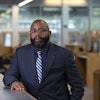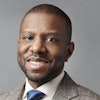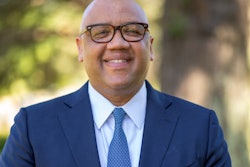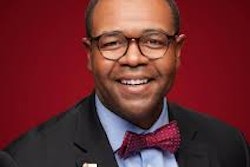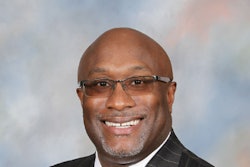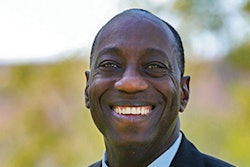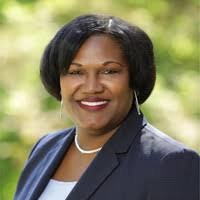 Dr. Kelli Sims Butler
Dr. Kelli Sims Butler
Research has shown that Black women face unique challenges in the workforce and in leadership; however, despite persistent obstacles, including a lack of mentorship and feedback, a dearth of role models, and discrimination in hiring and promotion, Black women continue to excel in their chosen fields and rise to leadership positions. In this article, we share the perspectives of three Black female CEOs and our rise to the college presidency.
Reflections from Dr. Kellie Sims Butler, Superintendent President, Solano Community College: Lessons from Failure to Leadership
As I reflect on my path to the presidency, I am reminded of the words of Maya Angelou, “Each time a woman stands up for herself, without knowing it possibly, without claiming it, she stands up for all women.” My success has been shaped by failures, triumphs, and uplifting others along the way.
Growing up in inner city Houston, TX, I was raised with the understanding that I had to work twice as hard to excel in spaces not designed for me.
Over the course of my education and career, I’ve carried “life” baggage and self-doubt, made mistakes, and experienced obstacles that impacted my success. What I didn’t realize was that my perceived failures were not the end of my journey but chapters of my story. These experiences provide the deepest insights into who I am and shape my leadership style: one driven by empathy, persistence, and authenticity.
Mentorship plays a pivotal role in my journey. I would not be here without mentors and allies who saw in me what I didn’t always see in myself. Their guidance helped me reframe failure as an opportunity to grow. Now, I see mentorship as reciprocal—a process where both mentor and mentee learn and grow. I intentionally mentor others, helping them navigate the challenges of higher education leadership and empowering them to take ownership of their journeys.
My professional training and my lived experiences inform my perspective in a world that often seeks to undermine the voices of women who look like me. I understand firsthand the challenges students face because I have lived them. I know what it’s like to balance competing responsibilities, feel out of place in academic spaces, and to confront implicit and explicit biases. These experiences have given me a unique lens through which I approach leadership, prioritizing equity, access, and the holistic well-being of our students.
